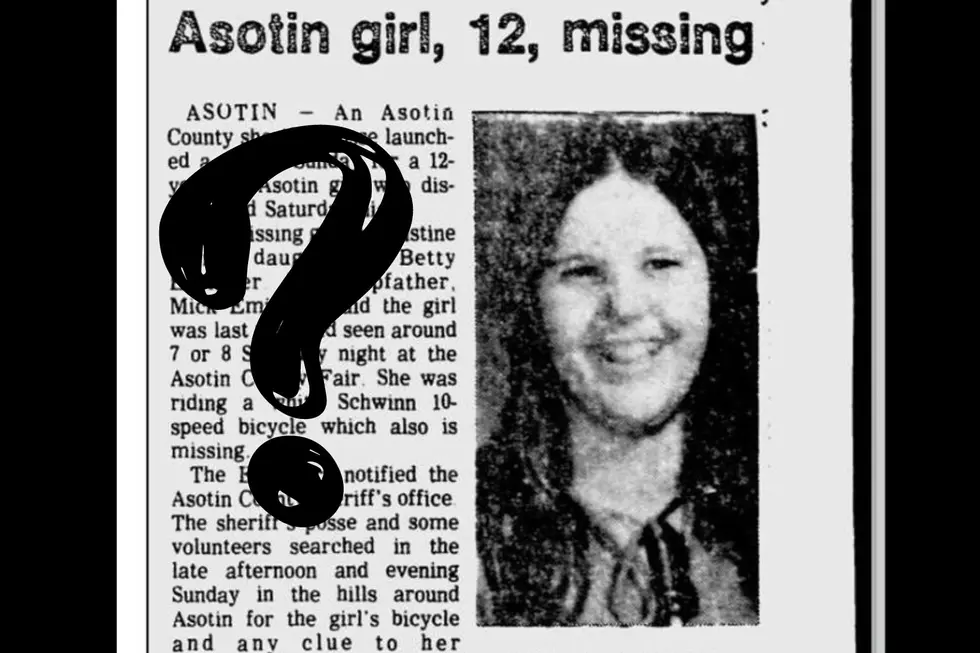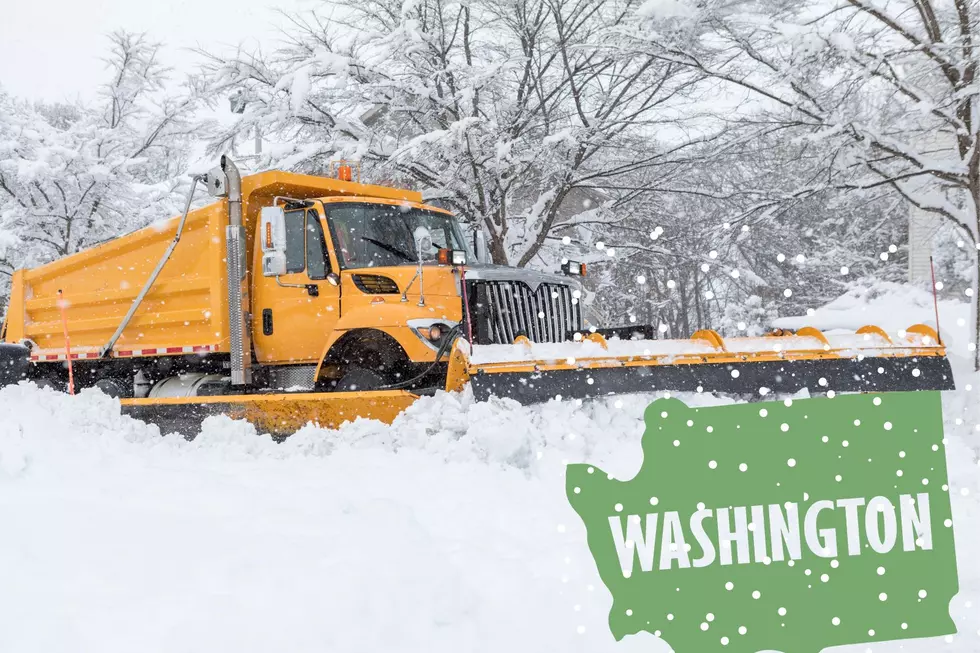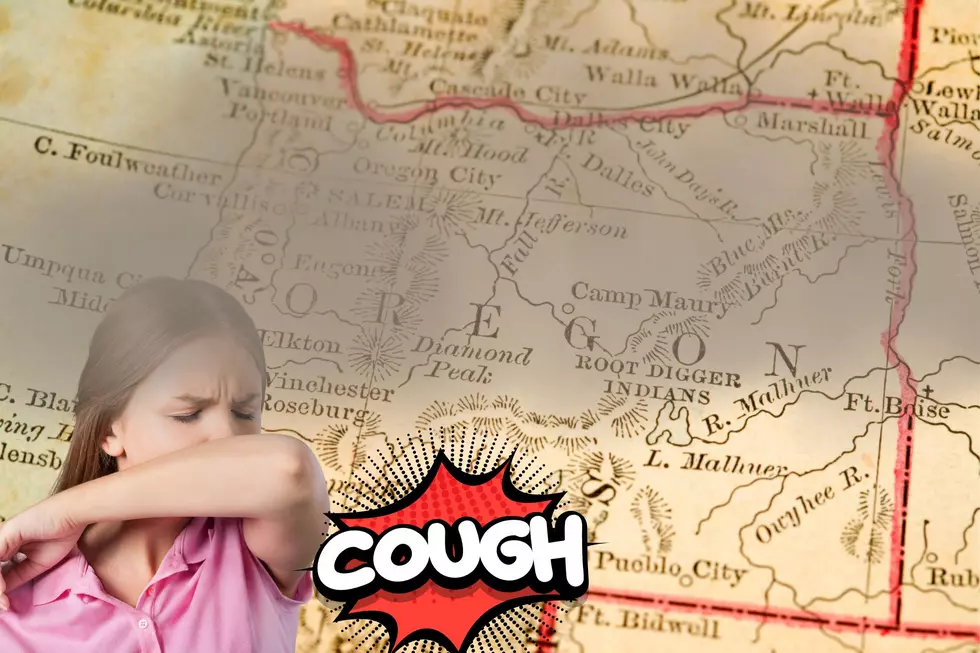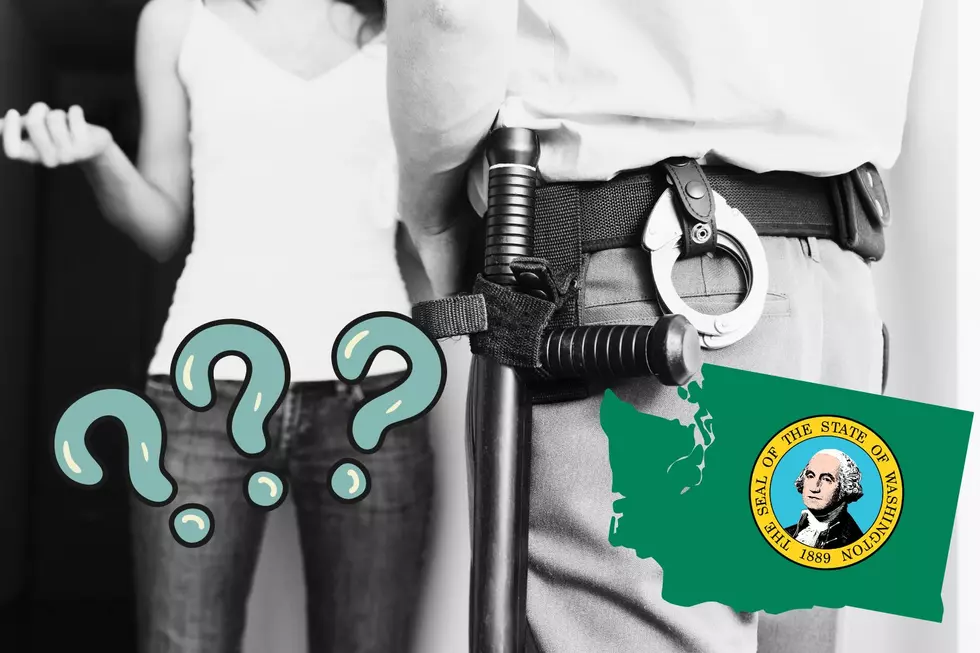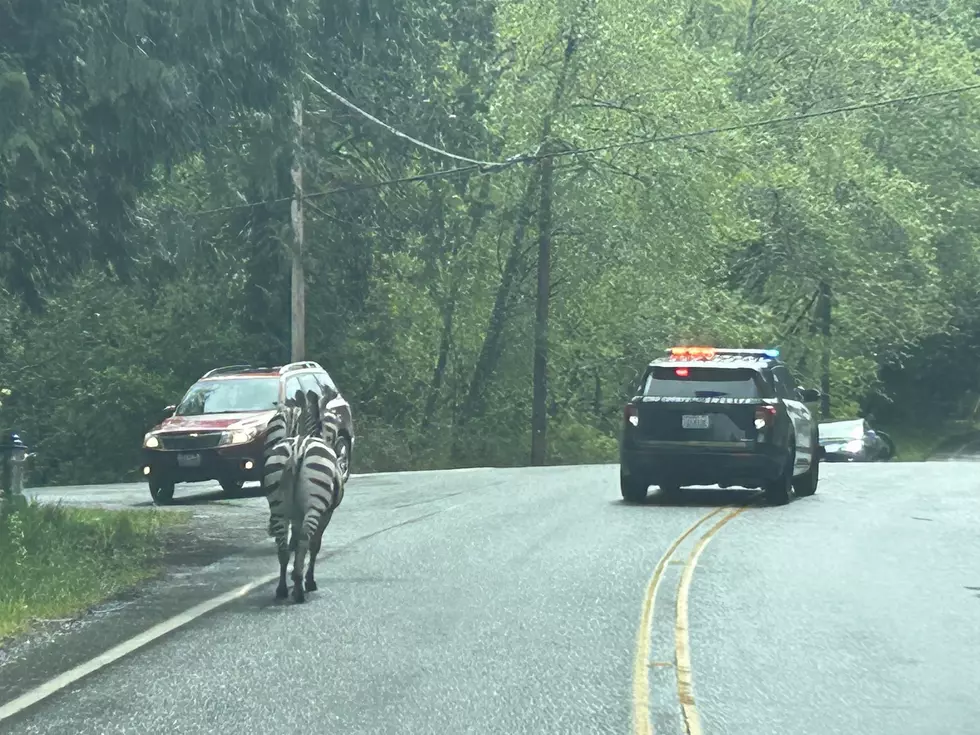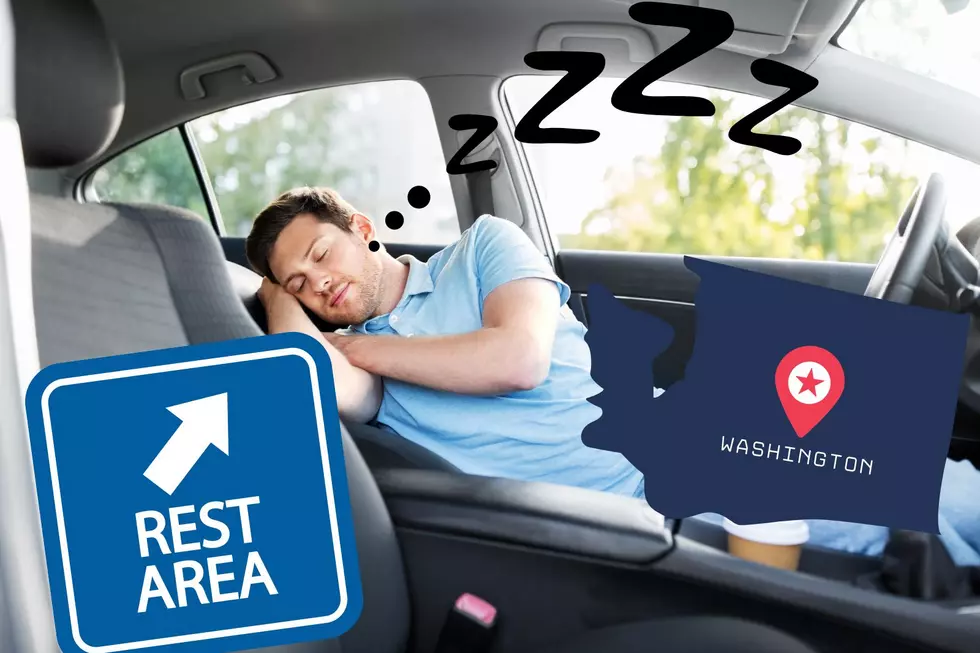![Dodging Deer on Washington Roadways…Is There a Safe Strategy? [VIDEO]](https://townsquare.media/site/133/files/2024/01/attachment-Deer.jpg?w=980&q=75)
Dodging Deer on Washington Roadways…Is There a Safe Strategy? [VIDEO]
It happens, motorists hit deer. Sometimes, it's unavoidable.

I know a number of people who have hit deer. WSP Trooper Rik Johnson shared a post on Twitter.
If you swerve to avoid an animal and wreck, it's likely your insurer will determine you are at-fault. A collision with a deer averages $1,800 in vehicle repairs and about $2,700 in medical expenses. The video below (courtesy of CTV News) shows a vehicle in Michigan encountering a deer herd. 😬
According to AAA there is a proper way to hit a deer to keep yourself safe.
Don’t swerve. By far, one of the biggest mistakes you can make right before you hit a deer is swerving. Swerving can seem correct in the moment, but this can cause you to hit another vehicle or someone’s property. This situation now changes your collision’s entire nature and can also seriously injure you or another driver.
Don’t speed up. Contrary to popular belief, speeding up before hitting a deer will not do you any favors. It can cause more damage to you and your vehicle.
Apply the brakes. Hold onto your steering wheel, apply the brakes and try your best to come to a complete stop as soon as you can. Braking is the safest way to hit a deer and will cause significantly less damage than the alternative.
One of the most important driving tips is NEVER swerve if an animal jumps in front of your vehicle, UNLESS, it's a moose.
According to the American Council on Science and Health, hitting a moose with your car is 13 times deadlier than hitting a deer.
LOOK: Here are the states where you are most likely to hit an animal
Gallery Credit: Dom DiFurio & Jacob Osborn
States with the most registered hunters
Gallery Credit: Meagan Drillinger
WATCH OUT: These are the deadliest animals in the world
More From 98.3 KEYW
